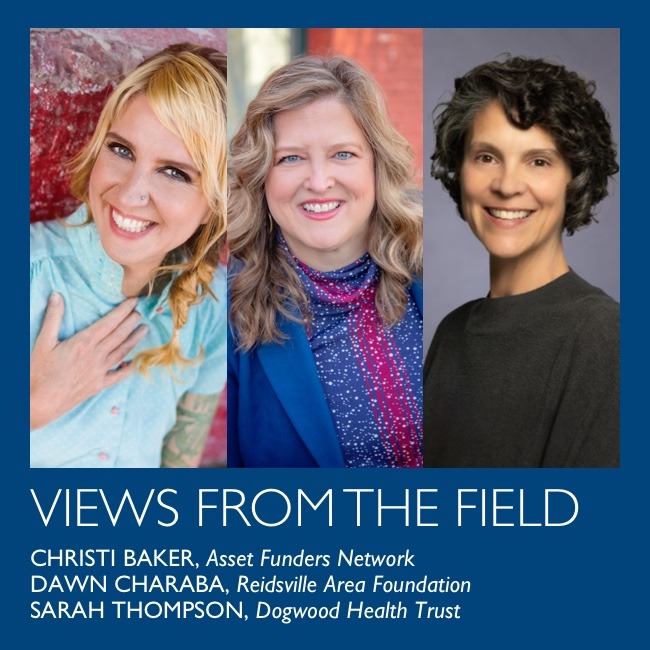Foundation for Opioid Response Efforts: May 2024
The Foundation for Opioid Response Efforts (FORE) released its 2023 annual report, which highlights the progress its grantees have made in addressing the opioid crisis last year.
A New Generation of Researchers: Hearing from Youth Leaders on Their Well-Being
Building upon a previous conversation with Juan Martinez of the Aspen Institute and Cynthia Weaver of The Annie E. Casey Foundation on their collaboration on the Youth and Young Adult Well-Being project, the following Q&A features three paid youth consultants who are leading the research initiative as the Youth and Young Adult Well-Being core team. Each team member represents a different cultural affinity group in the well-being project: Desiree Armas from Latine Bienestar, Niara Frankson from Black Expressions of Well-Being, and Zenetta Zepeda from American Indian/Alaska Native.
NY Health Foundation: January 2024
Although New York has one of the lowest veteran suicide rates in the nation, suicide remains a persistent challenge. Recent data shows that the rate has remained stubbornly high over the last 10 years despite numerous federal, State, and local investments in prevention efforts. A new NYHealth Foundation snapshot shows trends from 2012–2021, using the latest available data.
Mindful Philanthropy: November 2023
To guide funders and spur dramatic increases in support for mental health, addiction, and well-being, Mindful Philanthropy has released a snapshot of the current state of mental health in America.
MetroWest Health Foundation: November 2023
The MetroWest Health Foundation released the 2023 Community Health Needs Assessment. The report provides updated health and demographic data that can be used to inform the work of local government and community health and social service programs within the 25-MetroWest communities served by the foundation.




